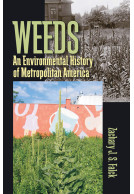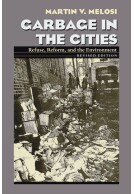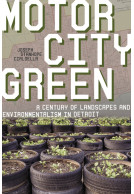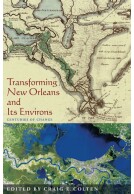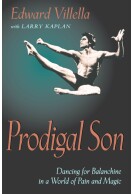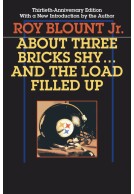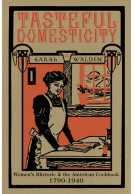London (Hardback)
Water and the Making of the Modern City
Imprint: University of Pittsburgh Press
Series: History of the Urban Environment
Pages: 232
ISBN: 9780822944270
Published: 15th April 2013
Script Academic & Professional
Series: History of the Urban Environment
Pages: 232
ISBN: 9780822944270
Published: 15th April 2013
Script Academic & Professional
You'll be £41.00 closer to your next £10.00 credit when you purchase London. What's this?
+£4.99 UK Delivery or free UK delivery if order is over £40
(click here for international delivery rates)
Order within the next 29 minutes to get your order processed the next working day!
Need a currency converter? Check XE.com for live rates
(click here for international delivery rates)
Order within the next 29 minutes to get your order processed the next working day!
Need a currency converter? Check XE.com for live rates
As people crowded into British cities in the nineteenth century, industrial and biological waste byproducts and then epidemic followed them. Britons died by the thousands in recurring plagues. Figures like Edwin Chadwick and John Snow pleaded for measures that could save lives and preserve the social fabric. The solution that prevailed was the novel idea that British towns must build public water supplies, replacing private companies. But the idea was not an obvious or inevitable one. Those who promoted new waterworks argued that they could use water to realize a new kind of British society—a productive social machine, a new moral community, and a modern civilization. They did not merely cite the dangers of epidemic or scarcity. Despite many debates and conflicts, this vision won out—in town after town, from Birmingham to Liverpool to Edinburgh, authorities gained new powers to execute municipal water systems.But in London local government responded to environmental pressures with a plan intended to help remake the metropolis into a collectivist society. The Conservative national government, in turn, sought to impose a water administration over the region that would achieve its own competing political and social goals. The contestants over London's water supply matched divergent strategies for administering London's water with contending visions of modern society. And the matter was never pedestrian. The struggle over these visions was joined by some of the most colorful figures of the late Victorian period, including John Burns, Lord Salisbury, Bernard Shaw, and Sidney and Beatrice Webb.As Broich demonstrates, the debate over how to supply London with water came to a head when the climate itself forced the endgame near the end of the nineteenth century. At that decisive moment, the Conservative party succeeded in dictating the relationship between water, power, and society in London for many decades to come.
Other titles in the series...
Other titles in University of Pittsburgh Press...









